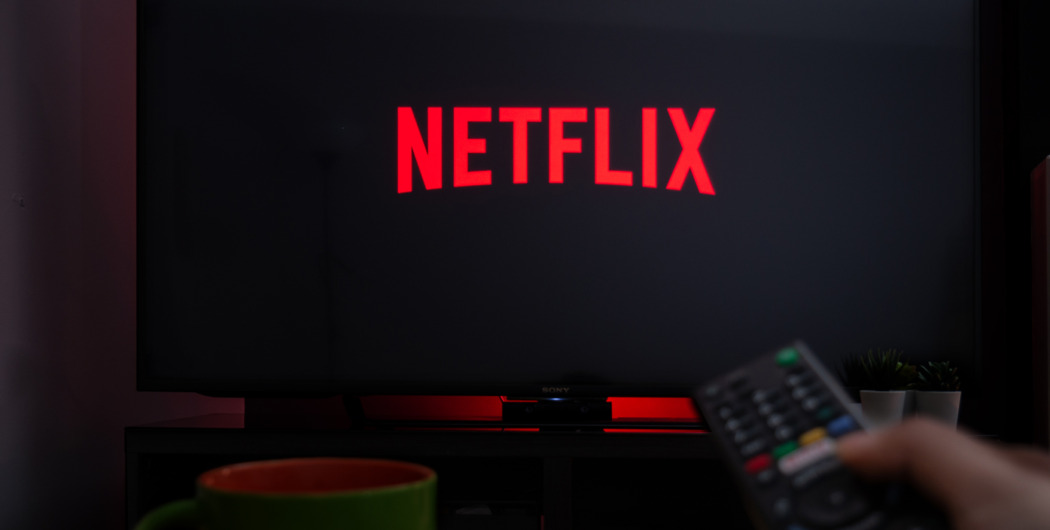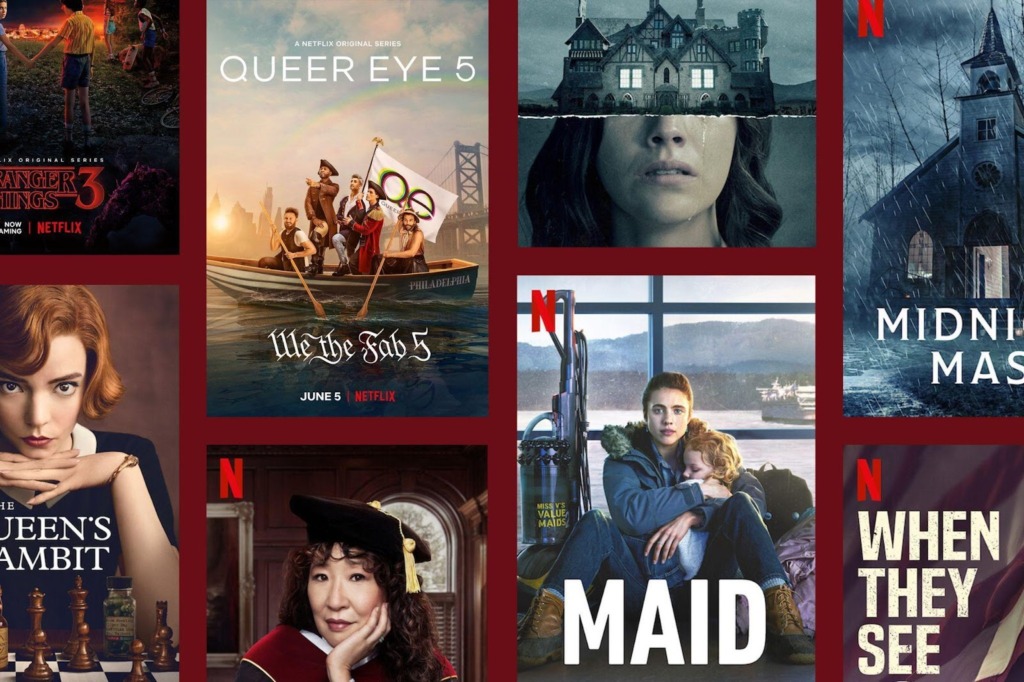

Streaming services like Netflix are making binge-watching a common pastime. But some people are taking it too seriously. In 2017, someone watched the animated movie Madagascar 3,352 times. That means they rewatched it 9 times a day for a whole year.
Even though not everyone is using their Netflix subscription to that extent, the global, highly influential phenomenon of Netflix is impossible to deny. Let’s look at how the streaming service has rewritten the playbook for the TV industry.
The start of the streaming wars
Netflix, originally a DVD rental company, was founded in 1997. Marc Randolph, one of the co-founders, left the company a few years later, leaving Marc Randolph as CEO. Ten years in, Randolph decided to venture into subscription video streaming. It was one of the first companies to offer such a service, and the risk paid off.
Netflix has firmly settled in its primary business niche, while other companies have tried to copy the model. Some have fallen flat on their face, like Quibi; others managed to win over new audiences.
By now, the market has welcomed a number of new players. The closest competitor in terms of sheer audience size is Amazon Prime Video. However, it’s not a good comparison because people may subscribe to Prime for other reasons, such as guaranteed two-day delivery.
Disney Plus, HBO, Discovery Plus, Hulu, and Apple TV also pose tough competition for programming and viewers.
Netflix Originals: producing and co-producing

Original content was a game-changer for Netflix. In 2013, the proposition to sign upfront contracts for an entire season or two of an original show was expensive and risky. You wouldn’t see anything of the sort happening elsewhere. All other networks would release pilots and decide whether to produce the shows based on viewership and other metrics.
Once again, the company wasn’t averse to the risk. The first Original was Lilyhammer, which was met with moderate success and quickly followed by the more popular House of Cards. Orange Is the New Black was another major hit. In Netflix’s fashion, the show was renewed for a second season (another 13 episodes) even before the premier of the first season.
Next in line for Original hits were The Crown, Stranger Things, BoJack Horseman, The Queen’s Gambit, Maid, and many others. Some of the series were continuations of canceled series from other networks, licensing, or co-productions from international broadcasters.
A new global model of leadership
In the last 5 years, Netflix has invested billions into international productions. The biggest projects that found their audiences around the world were Squid Game (South Korea), Money Heist (Spain), and Lupin (France).
Along with it, the company reinvigorated production hubs in Germany, Mexico, and India. It seems that Amazon, Disney, Apple, and WarnerMedia are making moves in the same directions.
To accompany the global expansion plans, Netflix reoriented its leadership:
- Content chief Ted Sarandos was promoted to co-CEO.
- Lead in international non-English TV Originals Bela Bajaria moved up to the newly-created role of Vice President of Global Television.
- Product chief Greg Peters received the title of COO.
- Sergio Ezama joined the company to lead the global workforce.
With these rearrangements and new roles, Netflix moved on to “tap into new international audiences while also appealing to American viewers.”

Surpassing all the cable subscribers combined

In the first quarter of 2017, Netflix passed a major milestone. There were more Americans subscribed to the popular streaming service than there were viewers of the largest cable providers in the country. The milestone has long been expected, but it still was a notable achievement.
Notably, Netflix never expected people to cut the cord on their cable TV subscriptions. In the same quarter that Netflix beat cable TV, cable providers lost 4 million subscribers, while Netflix gained 27 million.
The growth of Netflix subscribers hasn’t stopped. As of 2022, there are 220.67 million people on the platform (worldwide).
Next frontier for Netflix
As more competitors are learning to play the streaming game, Netflix feels the need to keep evolving. Having reinvented TV and film, it’s heading into other industries.
Netflix recently expanded into podcasting with Netflix Original Reviews (episode reviews and discussions), We Are Netflix (employees talking about work and life), You Can’t Make This Up (true crime), and many other exclusives.
The company has also experimented with merchandise for Stranger Things, Squid Game, and The Witcher. The shop offers apparel, accessories, collectibles, and home décor for a limited time shortly after a season release.
Finally, the streamer will bring video games into its mobile app. The company is hiring to build an internal studio for original games, focusing on existing franchises first and moving to unique formats of video-game storytelling.









